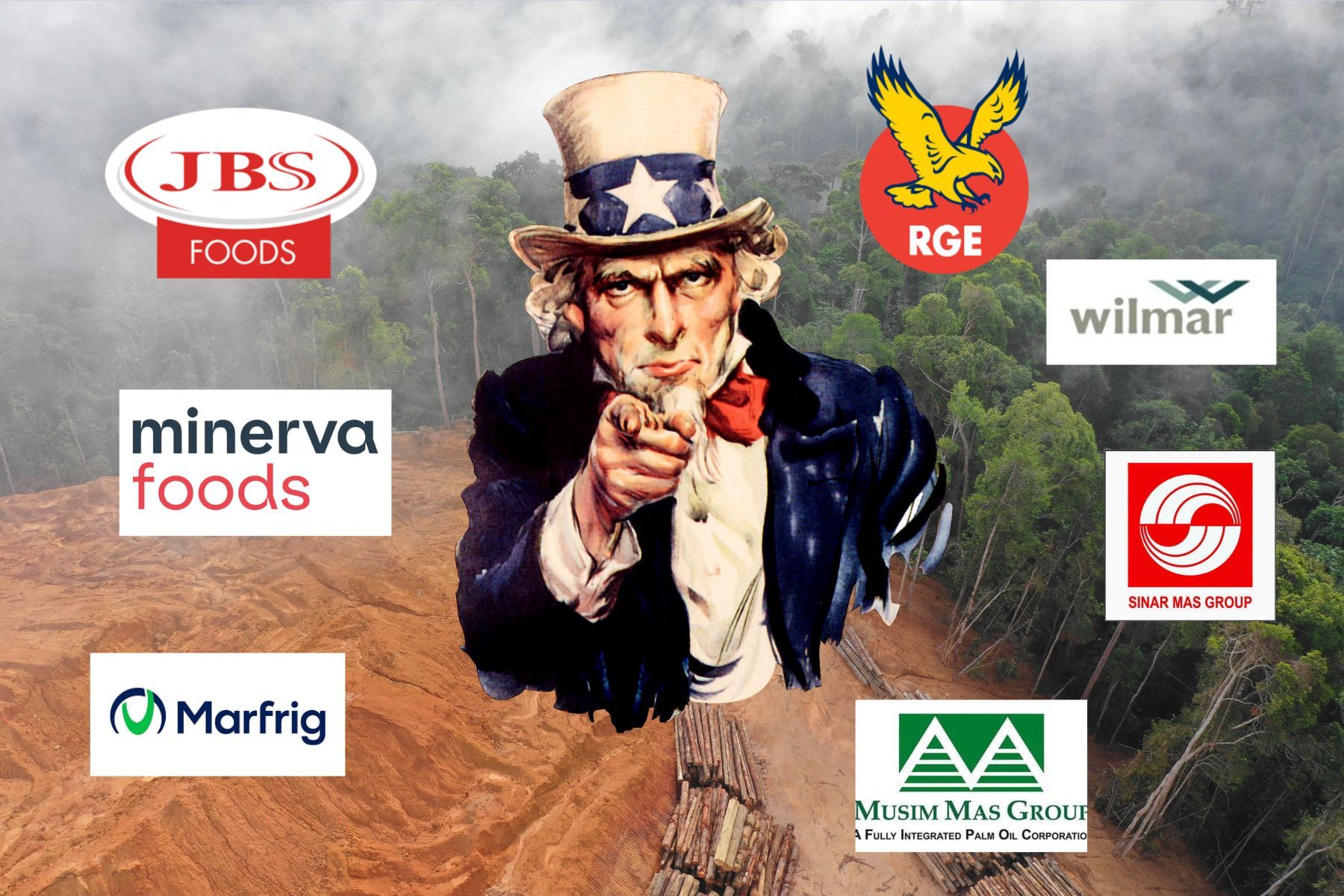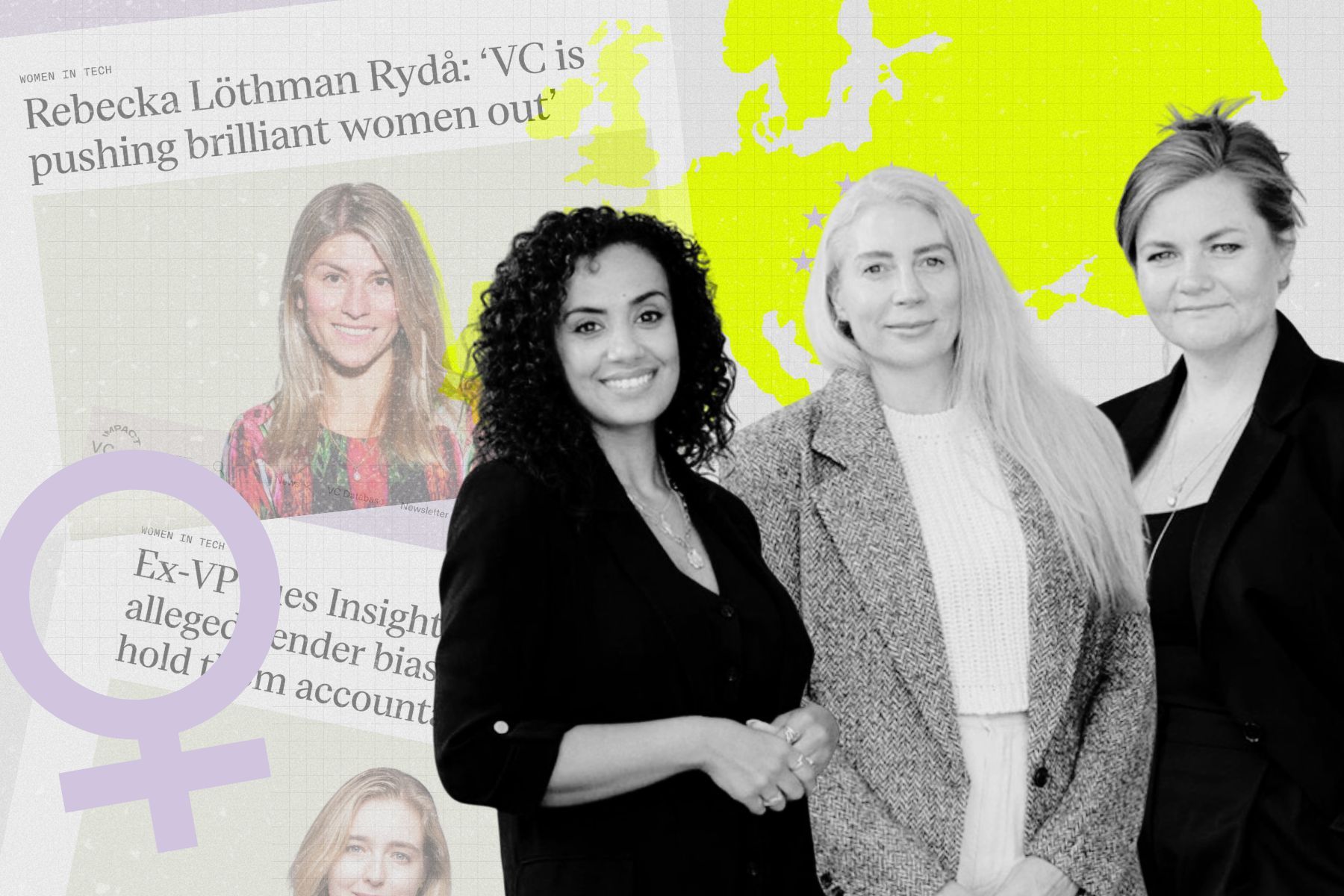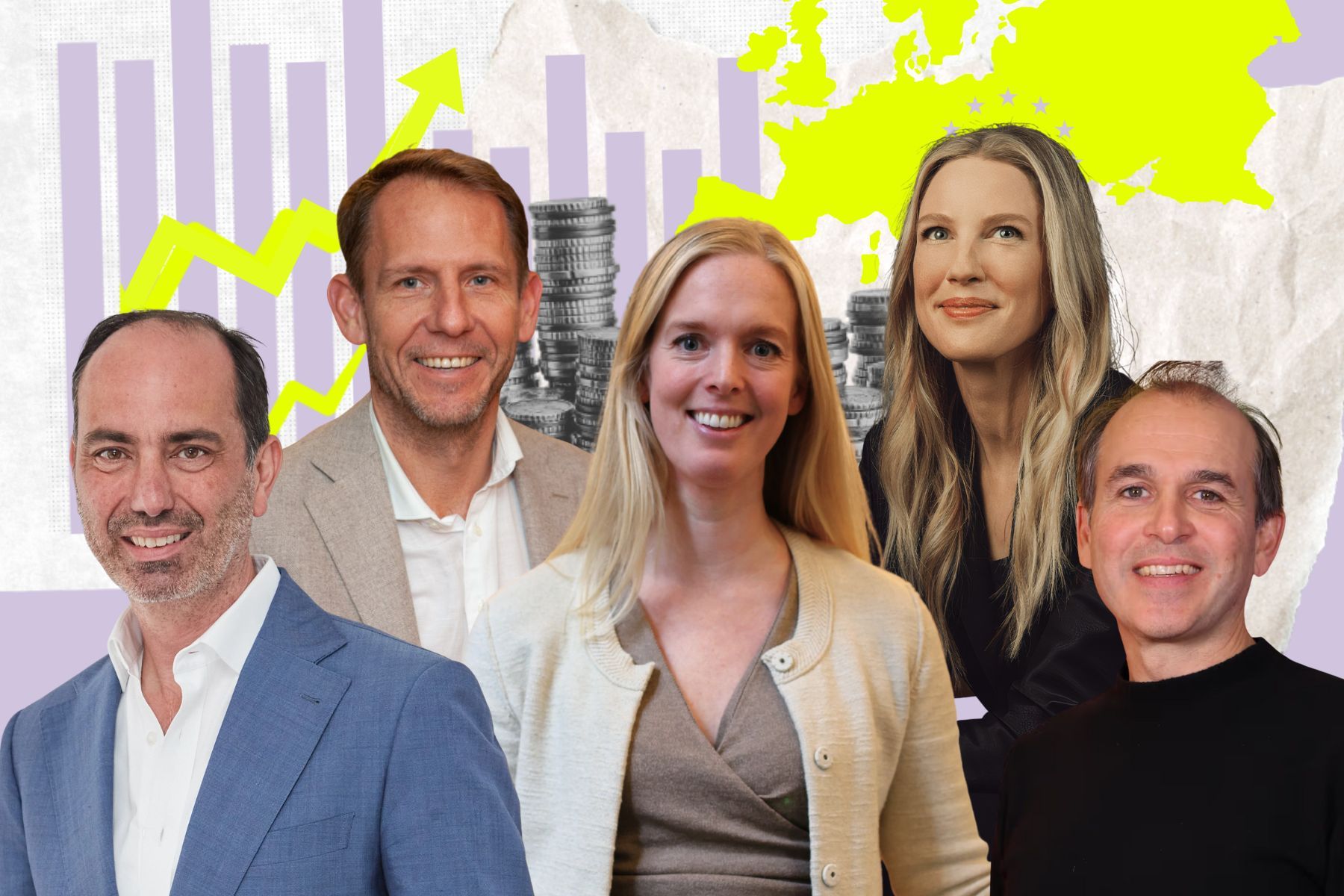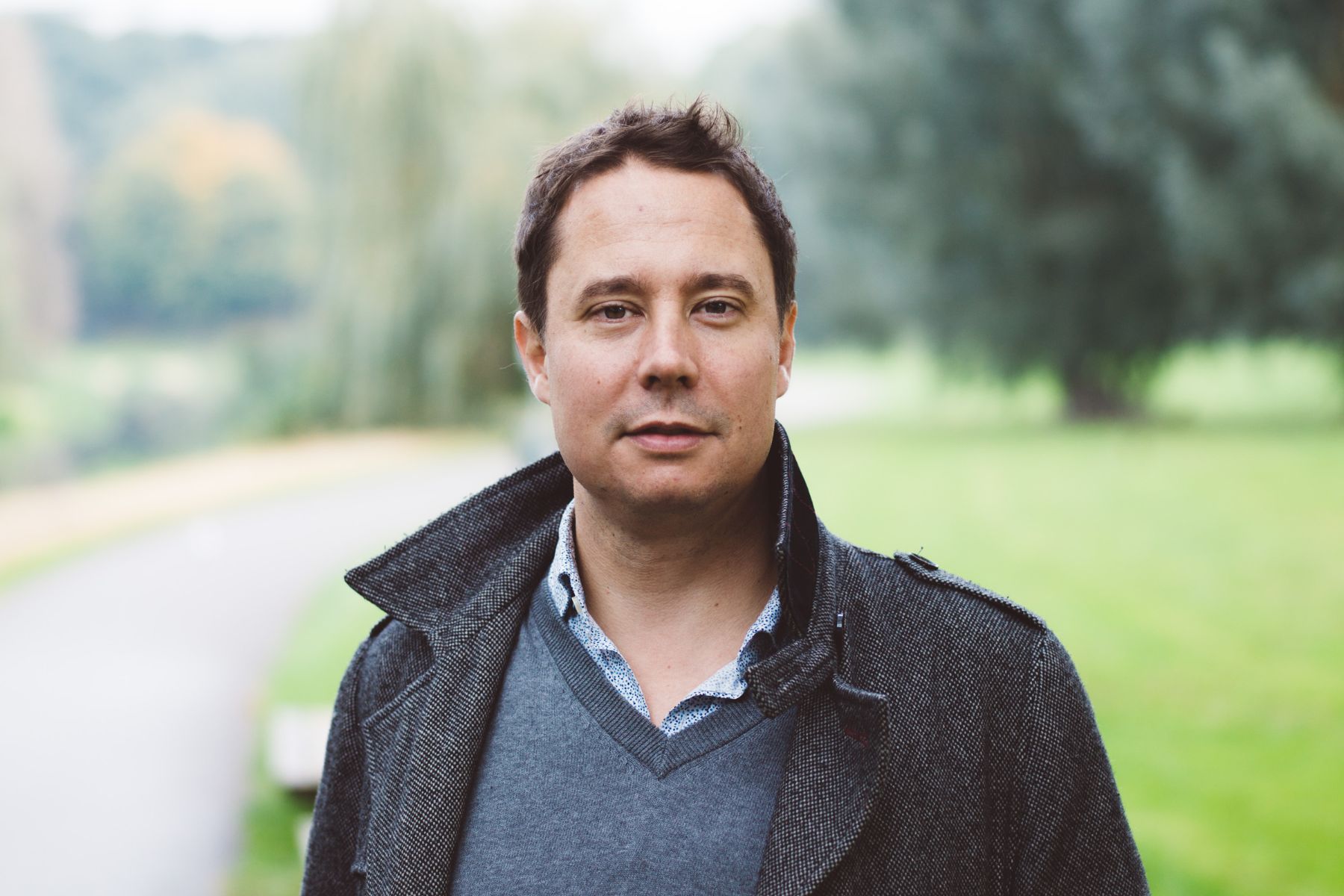Deforestation linked to these seven agrifood giants emits as much carbon as the Netherlands
Deforestation linked to seven food giants is pumping out almost as much carbon dioxide as an entire European nation – and most of them are still dragging their feet on change.
.png)

Just seven agribusiness giants emit almost as much CO2 as the entire Netherlands, according to a recent analysis by the Stockholm Environment Institute.
In 2022, JBS, Marfrig, Minerva, Musim Mas, Royal Golden Eagle, Sinar Mas, and Wilmar were linked to 144.4 million tonnes of CO2 emissions – almost matching the Netherlands’ total annual emissions for that year.
The emissions stem from tropical deforestation and peatland degradation tied to the production of beef, palm oil, and wood pulp – commodities that underpin much of the global food and consumer goods supply chain.
Brazilian beef exporters JBS, Marfrig, and Minerva account for much of the forest loss in the Amazon, while Indonesia-based Musim Mas, Wilmar, Sinar Mas, and Royal Golden Eagle are major drivers through palm oil and wood pulp production for paper.
When plantations replace rainforest or drained peatland, vast quantities of carbon are released – effectively turning natural carbon sinks into carbon bombs.
According to commodities tracker Trase, which traced commodity exports across Brazil, Indonesia, and Côte d’Ivoire, these seven companies alone are responsible for over half (51%) of global deforestation-related emissions linked to major agricultural exports.
Slow progress
Despite their outsized impact, progress on cutting emissions has been sluggish. Five of the firms signed the Agricultural Sector Roadmap to 1.5°C at COP26 in Glasgow, pledging to align with global climate goals. But data from Global Canopy’s Forest 500 shows patchy follow-through: only four companies – Minerva, Musim Mas, Sinar Mas, and Wilmar – have validated targets to reduce land-use emissions. Just two, Musim Mas and Wilmar, publicly disclose those emissions.
The inconsistency extends within corporate families. For instance, Royal Golden Eagle and Sinar Mas show conflicting levels of transparency between their pulp and palm oil subsidiaries – a major obstacle to accountability.
With COP30 set to take place in Belém, Brazil, the gateway to the Amazon, the pressure is on big polluters to clean up their act.
Get full access to Europe's new platform for impact news
- Quality journalism, interviews, investor profiles and deep-dives
- Daily newsletter with top stories, latest funding rounds and roundup to keep you in the loop
Keep reading – get in the loop!
- Håll dig i loopen med vårt dagliga nyhetsbrev (gratis!)
- Full tillgång till daglig kvalitetsjournalistik med allt du behöver veta inom impact
- Affärsnätverk för entreprenörer och investerare med månatliga meetups
Fortsätt läsa – kom in i loopen!
- Håll dig i loopen med vårt dagliga nyhetsbrev (gratis)!
- Full tillgång till daglig kvalitetsjournalistik med allt du behöver veta inom impact
- Affärsnätverk för entreprenörer och investerare med månatliga meetups









